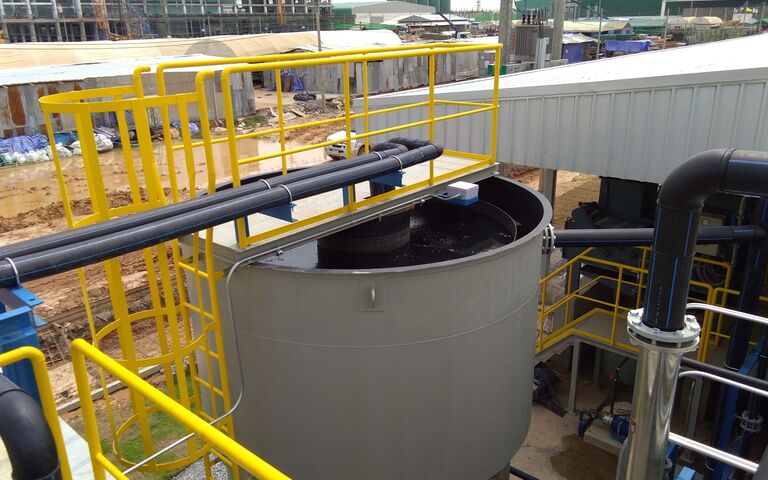
Sludge separation − gravitation/sedimentation
Gravitation (sedimentation or settlement) is the separation of particles from water on the basis of their weight
Your web browser is out of date.
Update your browser for better security, speed and to get the best experience on this website.
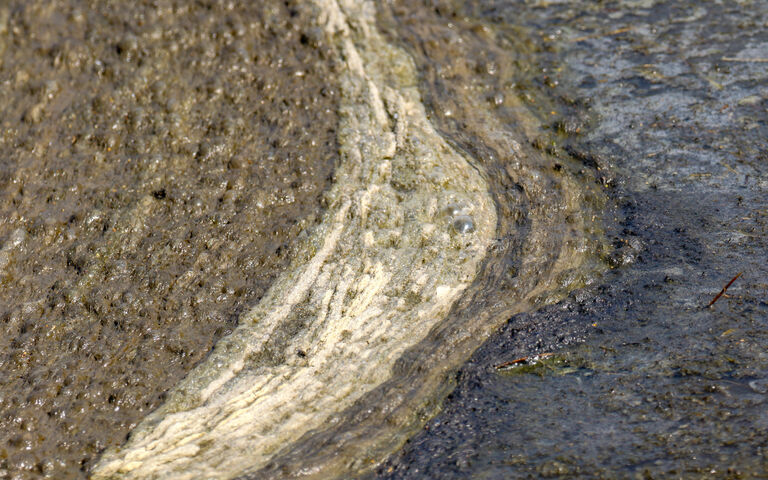
Sludge characteristics depend on both the original feedwater quality and the type of the unit operation from which the sludge is discharged.
For conventional municipal wastewater treatment, the two main sludge streams are from the primary sedimentation stage, producing primary sludge, and the secondary biological treatment stage, producing waste activated sludge (WAS) if the biological treatment is based on the activated sludge process.

Gravitation (sedimentation or settlement) is the separation of particles from water on the basis of their weight

The theory of centrifugation relates to sedimentation theory as it acts to enhance gravity through the centrifugal force
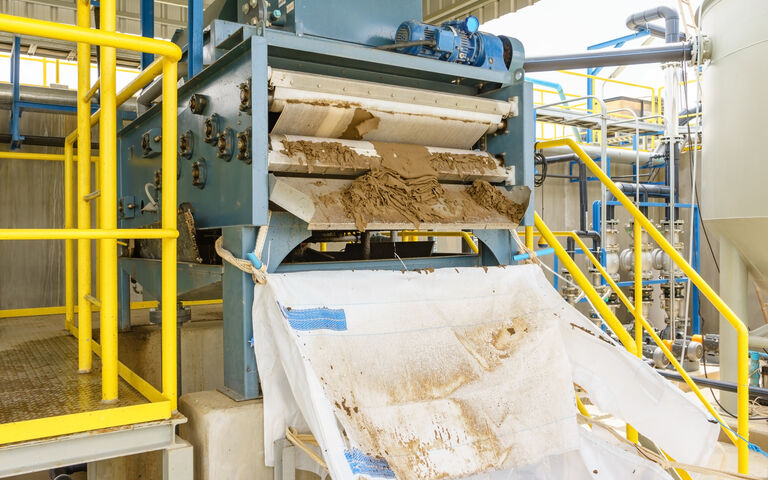
Filtration theory defines the way in which water flows through the bed, which is formed of the sludge solids (cake)
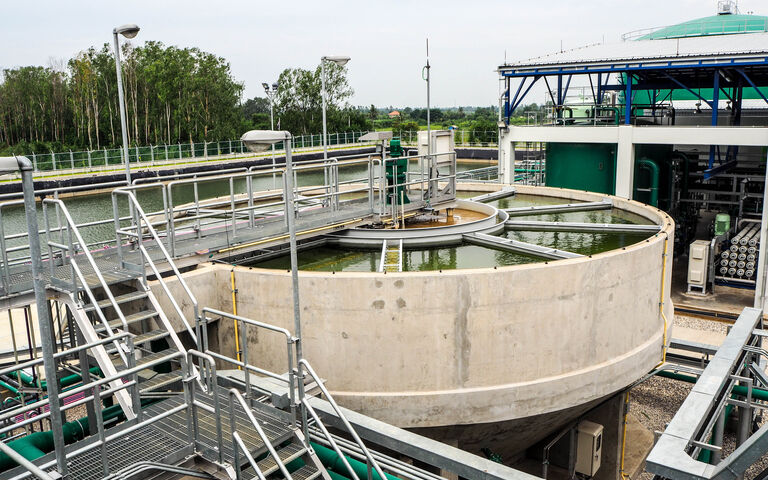
An overview of sludge thickening − an introduction to theory and related technologies
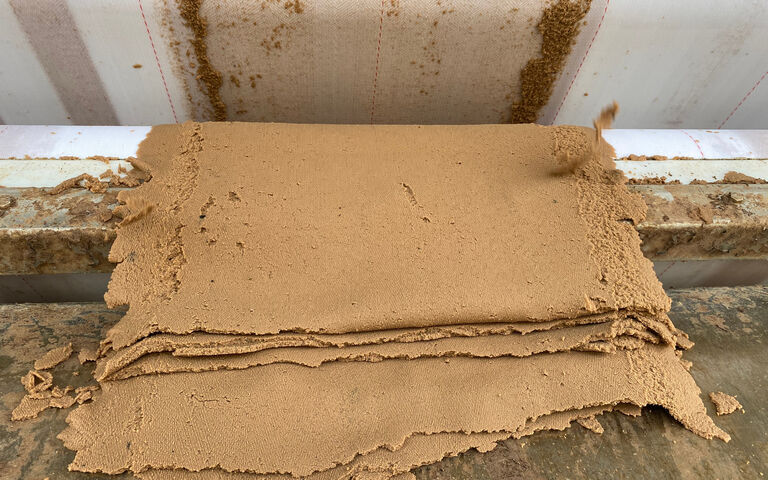
An overview of sludge dewatering − an introduction to sludge dewatering theory and technologies
An introduction to sludge treatment − Simon Judd gives a brief overview to sludge processing in the context of wastewater treatment.
Explore our content on sludge stabilisation, conditioning, thickening, dewatering, drying, and thermochemical processes
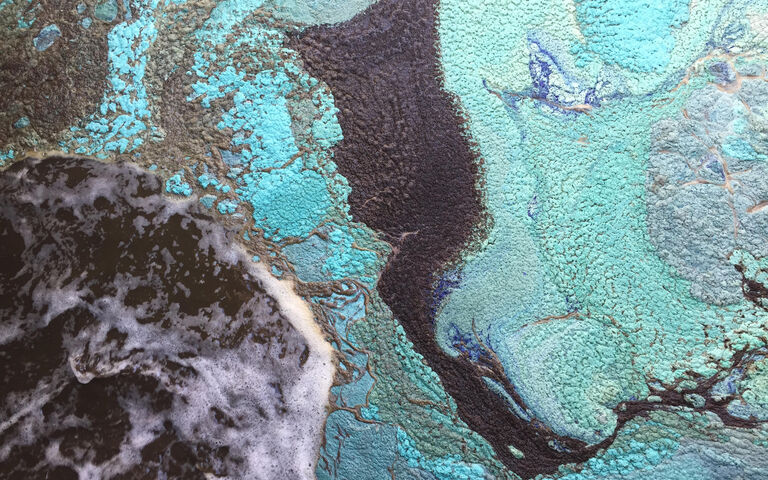
Learn more

Learn more

Learn more
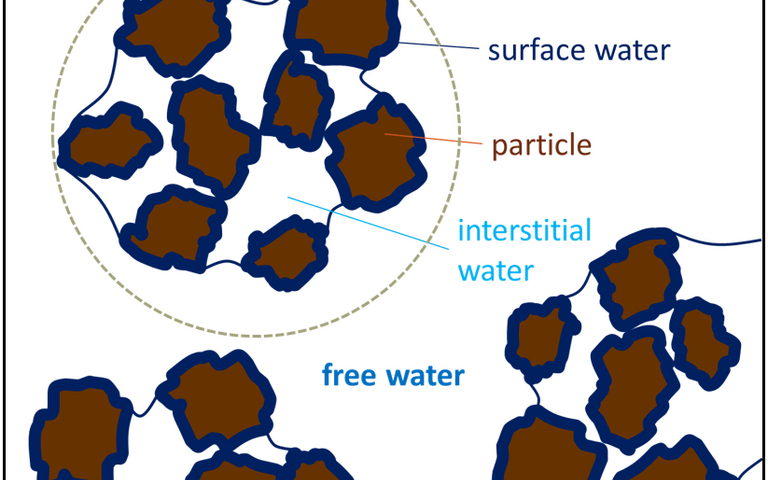
Learn more
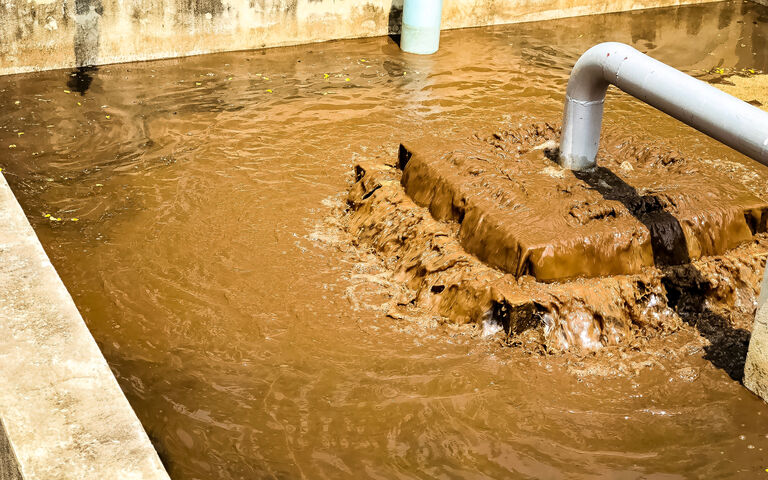
Learn more
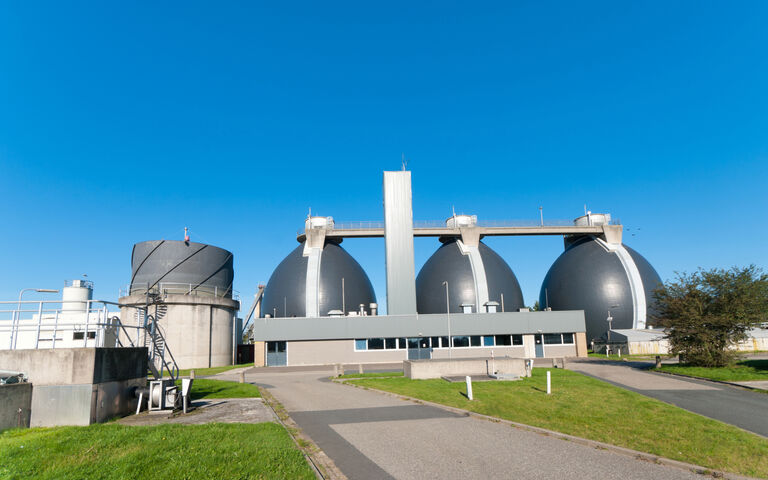
Learn more
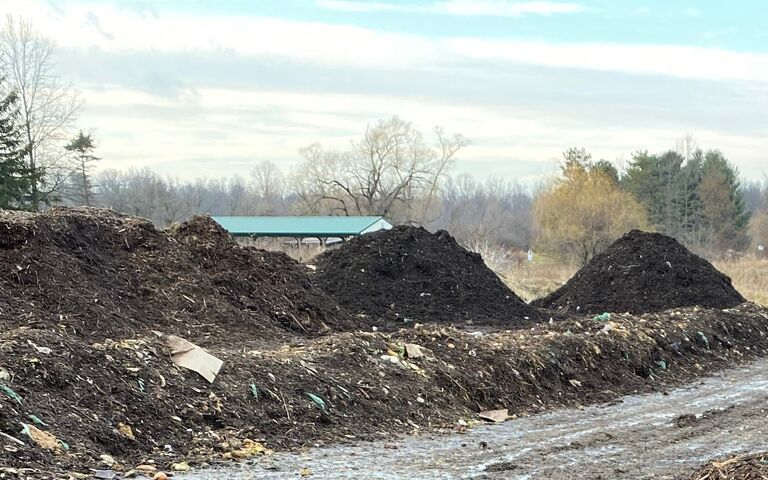
Learn more
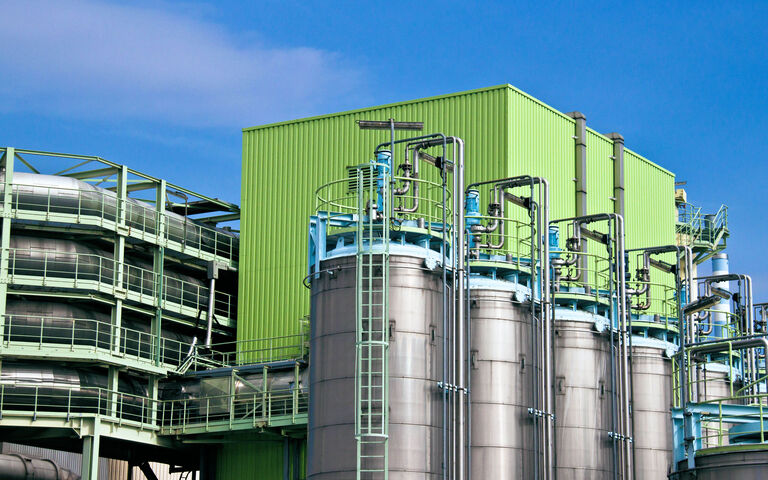
Learn more